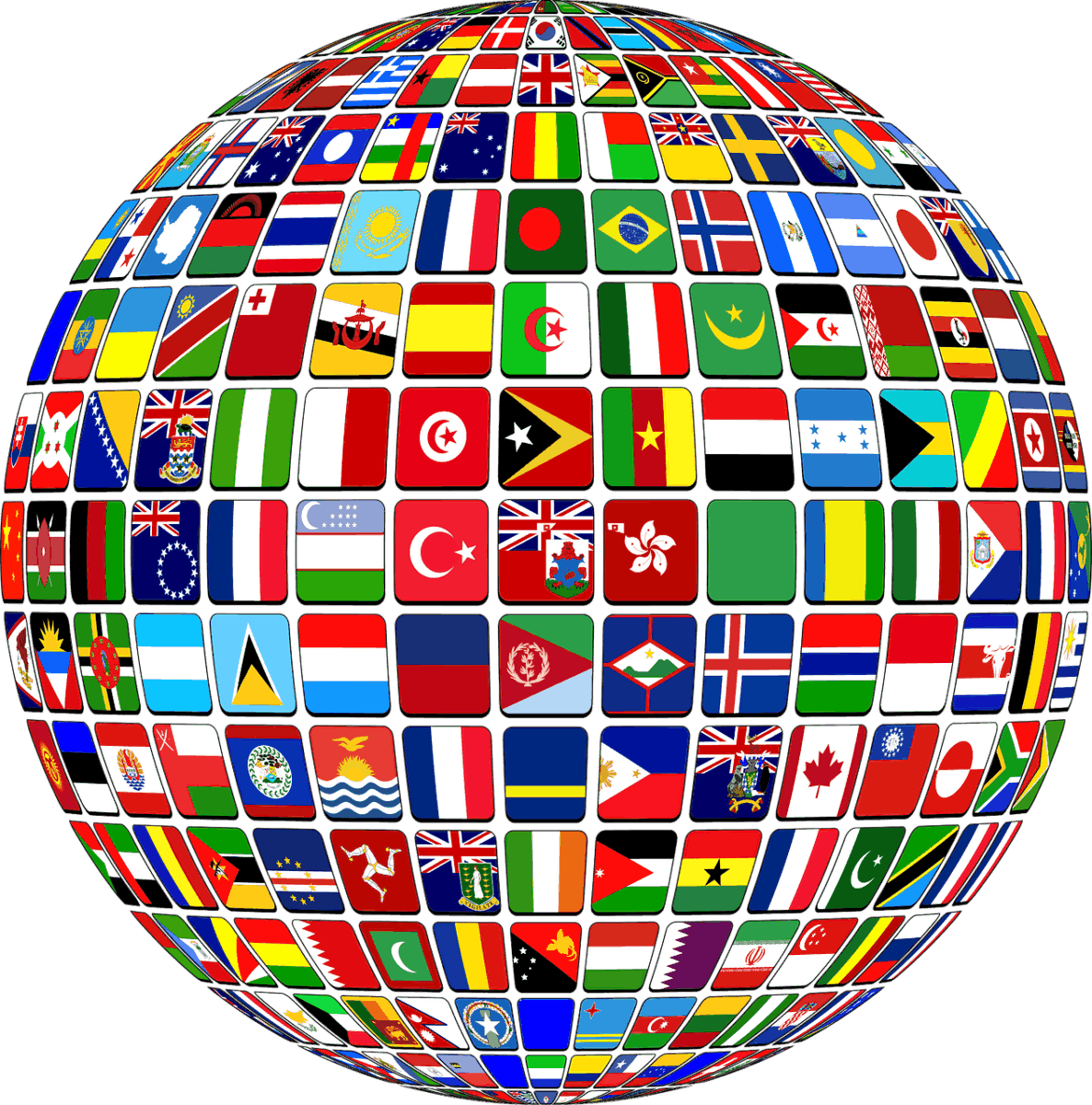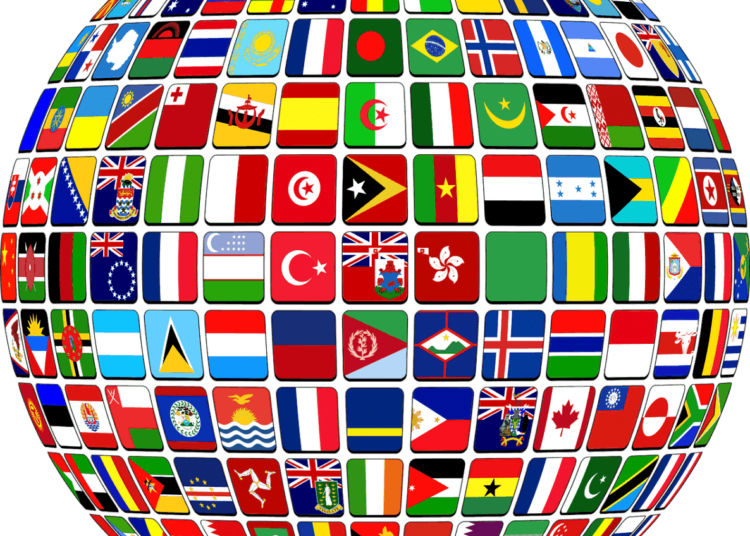The digital transformation has fundamentally changed the global economy and enables companies to operate globally. However, despite the advantages that digitalization offers, digital companies worldwide face numerous challenges. These range from different legal frameworks and technological differences to cultural and economic disparities. In this article, we will highlight the most important international challenges for digital companies and present strategies on how companies can successfully overcome them.
Legal differences
A key problem for digital companies is the diversity of legal frameworks in different countries. Laws on data protection, copyright and consumer protection vary considerably, making it difficult to develop uniform global strategies. For example, there are strict data protection rules in the EU, while other regions have less stringent regulations. These differences require companies to be highly adaptable and flexible in order to meet the legal requirements.
Another example of legal differences is the requirements for electronic invoicing. In many countries, this has been mandatory for decades in order to prevent tax evasion. The introduction of similar measures in Europe presents international companies with the challenge of adapting their systems to these new regulations. Globalization and the increasing number of country-specific requirements make it difficult for companies to comply with all legal requirements.
The legal differences also lead to challenges when drafting contracts and general terms and conditions (GTC). Companies must ensure that their T&Cs comply with the legal requirements in each country in which they operate. This can become particularly complex when it comes to the language of the T&Cs, as they need to be provided in a way that is understandable to the contractual partner.
AGB in different languages
A specific problem in connection with GTCs is the question of the languages in which they must be drafted. If a retailer addresses a multilingual audience, it must also provide corresponding T&Cs in the respective languages. This applies in particular to multilingual online stores, where the T&Cs should be available in all the languages offered. The T&Cs should be provided in a language that the contractual partner can understand, which means that they should be written in the language used on the website.
In practice, however, it is often not feasible to provide T&Cs in all possible languages, as this would require an enormous effort. Many companies therefore decide to provide their T&Cs in English as well as their own national language, as English is widely used as an international trading language. Nevertheless, the question remains whether this is sufficient to meet legal requirements, especially when it comes to contracts with consumers from other countries.
The translation of T&Cs is primarily for information purposes for international customers, but in the event of legal disputes, the original version often remains authoritative. This means that companies must ensure that translations are accurate and accurately reflect the content of the original T&Cs. As legal terms often do not have direct translations, this requires careful legal review.
To protect themselves legally, companies should regularly review and adapt their T&Cs to ensure that they comply with current legal requirements. This can be facilitated by working with legal experts who specialize in international trade law. In addition, companies should inform their customers clearly and comprehensibly about the applicable GTC in order to avoid misunderstandings.
Technological infrastructure
The technological infrastructure, in particular broadband availability and the quality of digital networks, differs greatly between countries. Companies must adapt to these different conditions in order to operate effectively. The digital infrastructure is crucial for the performance of digital applications and the implementation of business models.
In countries with a less developed digital infrastructure, companies may find it difficult to offer their services efficiently. This can lead to delays and loss of quality, which in turn can affect customer satisfaction. To overcome these challenges, many companies invest in developing their own infrastructure or in partnerships with local providers to ensure the best possible performance.
Technological infrastructure also affects the security of data and systems. In regions with less developed infrastructure, there is a higher risk of cyberattacks and data leaks. Companies must therefore implement robust security measures to protect their systems and data. This can be done by using cloud services that have advanced security features or by investing in local security solutions.
Cultural and linguistic differences
Cultural and language barriers can affect the success of digital companies abroad. Customer needs and expectations vary by region, which requires adaptation of marketing strategies and product offerings. Companies need to promote cultural sensitivity and language skills in their teams in order to operate successfully in international markets.
Cultural differences also influence communication with customers and partners. Companies should be aware of local customs and traditions to avoid misunderstandings. This can be achieved by hiring local employees or by training the existing team. In addition, companies should adapt their marketing campaigns to the respective culture in order to reach the target group effectively.
Language barriers can also lead to challenges. Companies need to ensure that their communication is clear and understandable to suit customers and partners. This can be done by providing translations or by using language technologies. Companies should also train their employees in multiple languages to facilitate communication.
Data security and data protection
Data security and privacy protection are key challenges in the digital age. Companies must adapt to different data protection laws and implement robust security measures to prevent cyberattacks and data leaks. Adherence to data protection standards is essential for global compliance and protection against breaches.
Companies must adapt their data management systems to different international data protection laws, which can lead to higher costs and more complex processes. Digital networking makes data protection an essential task for all companies. Companies must create transparency about data use and rights and train their employees in data protection issues. They should also implement robust data processing and security mechanisms to ensure data protection.
Conclusion
Digital transformation offers countless opportunities for companies, but it also requires careful navigation of national differences. By establishing international standards, cultural adaptation, investing in education and technological flexibility, digital companies can successfully overcome these challenges and strengthen their global presence. The challenges of drafting T&Cs in different languages show how important it is to carefully consider and comply with legal requirements in order to operate successfully in the international market.













































